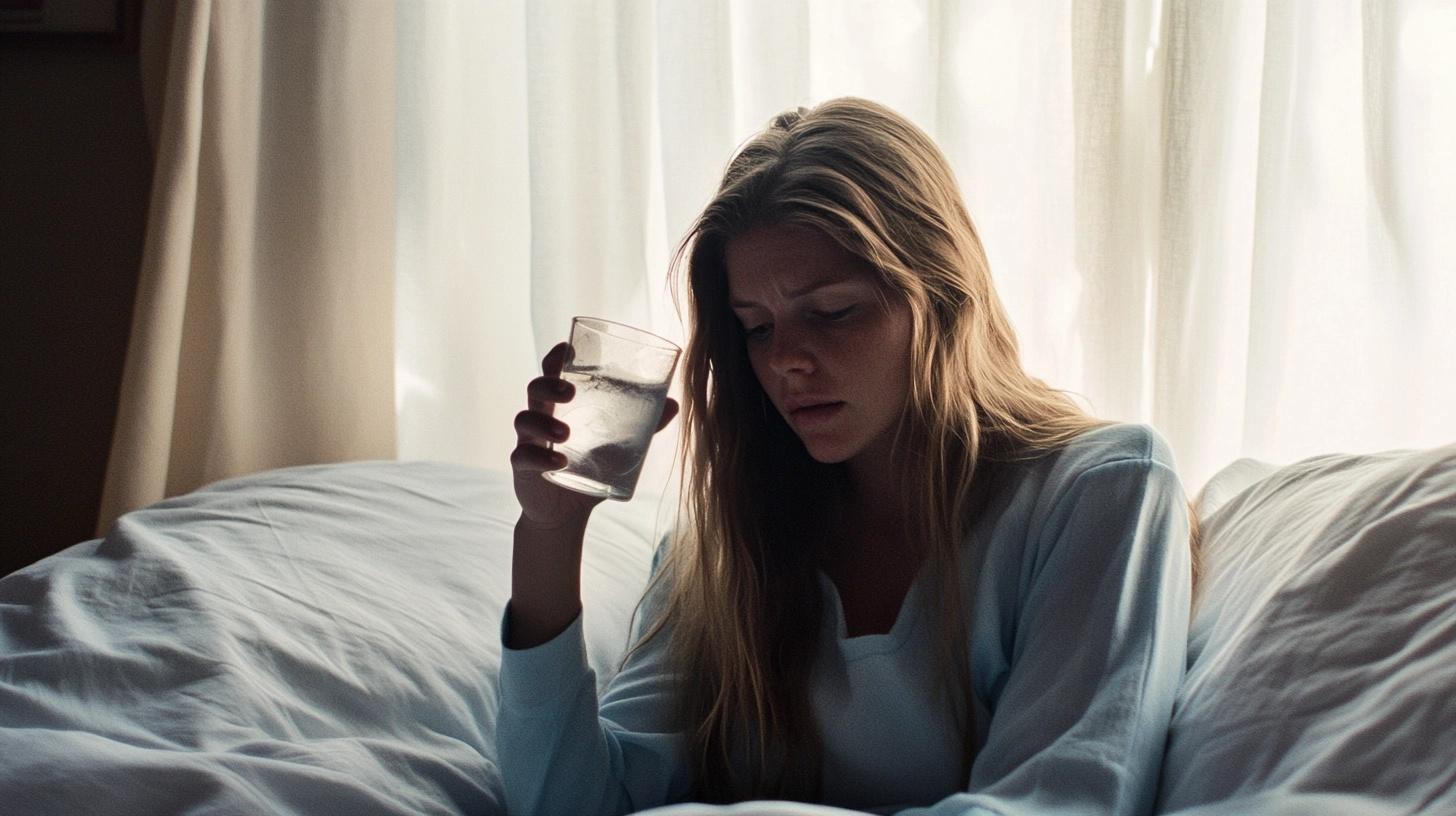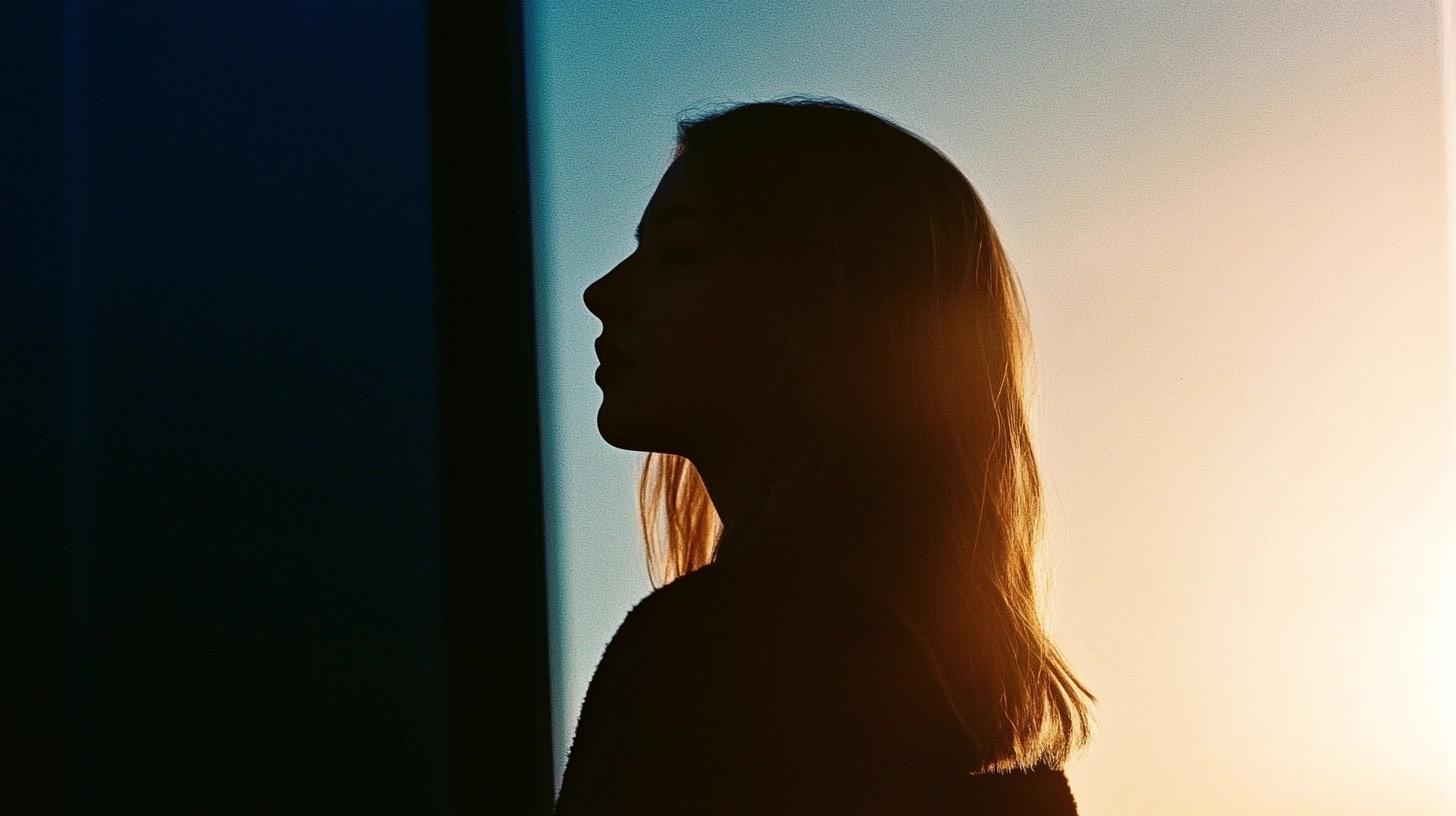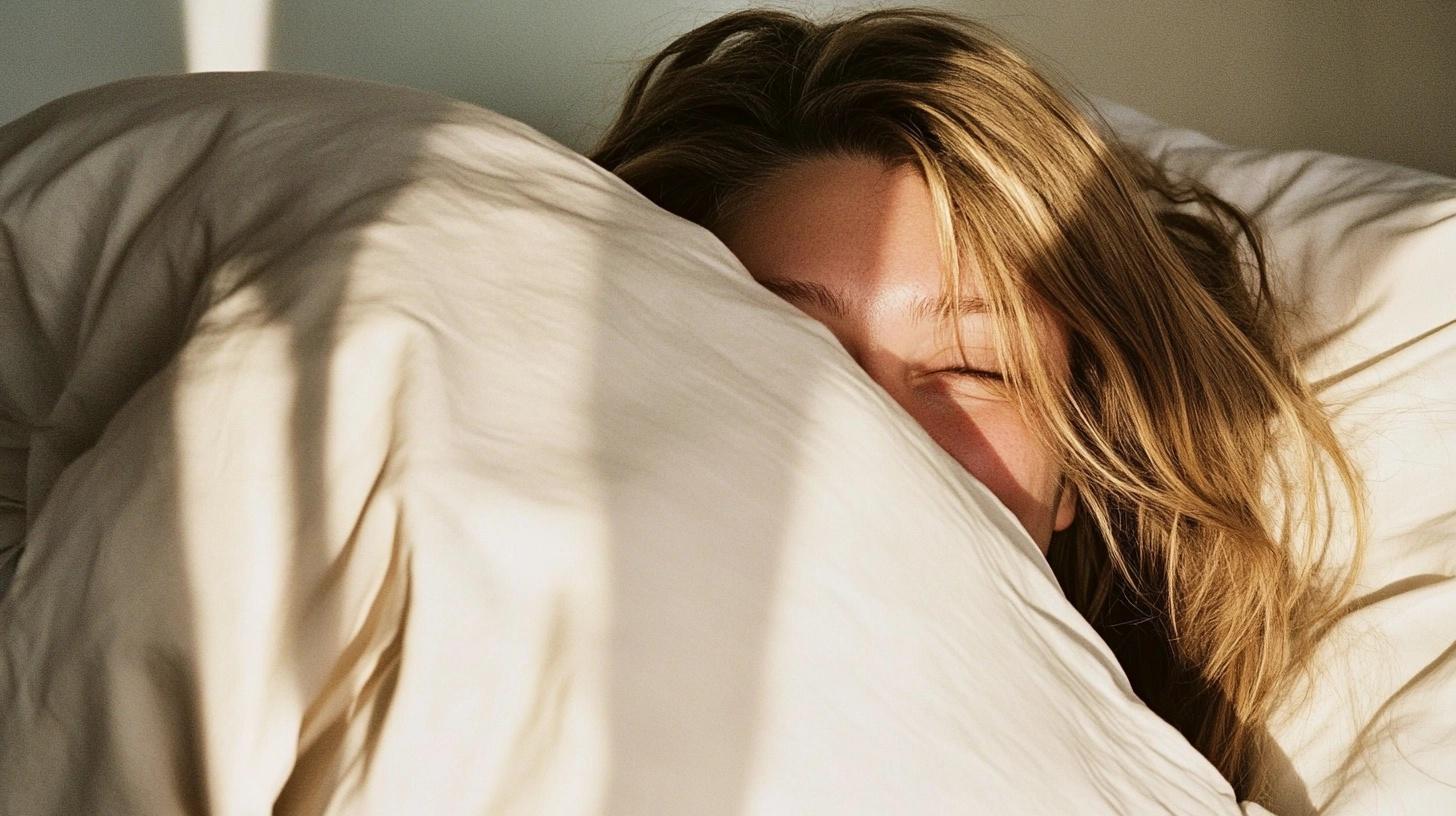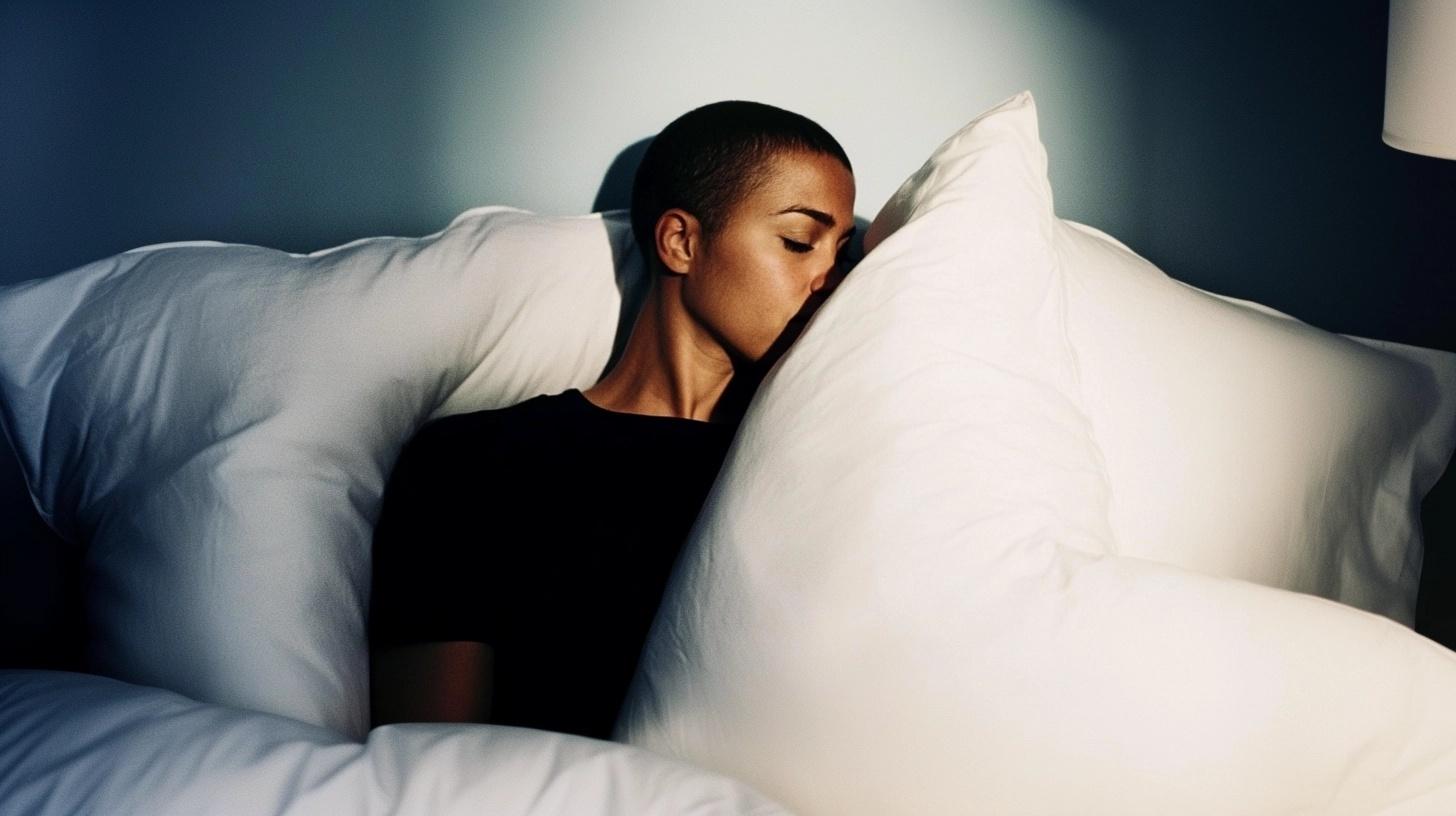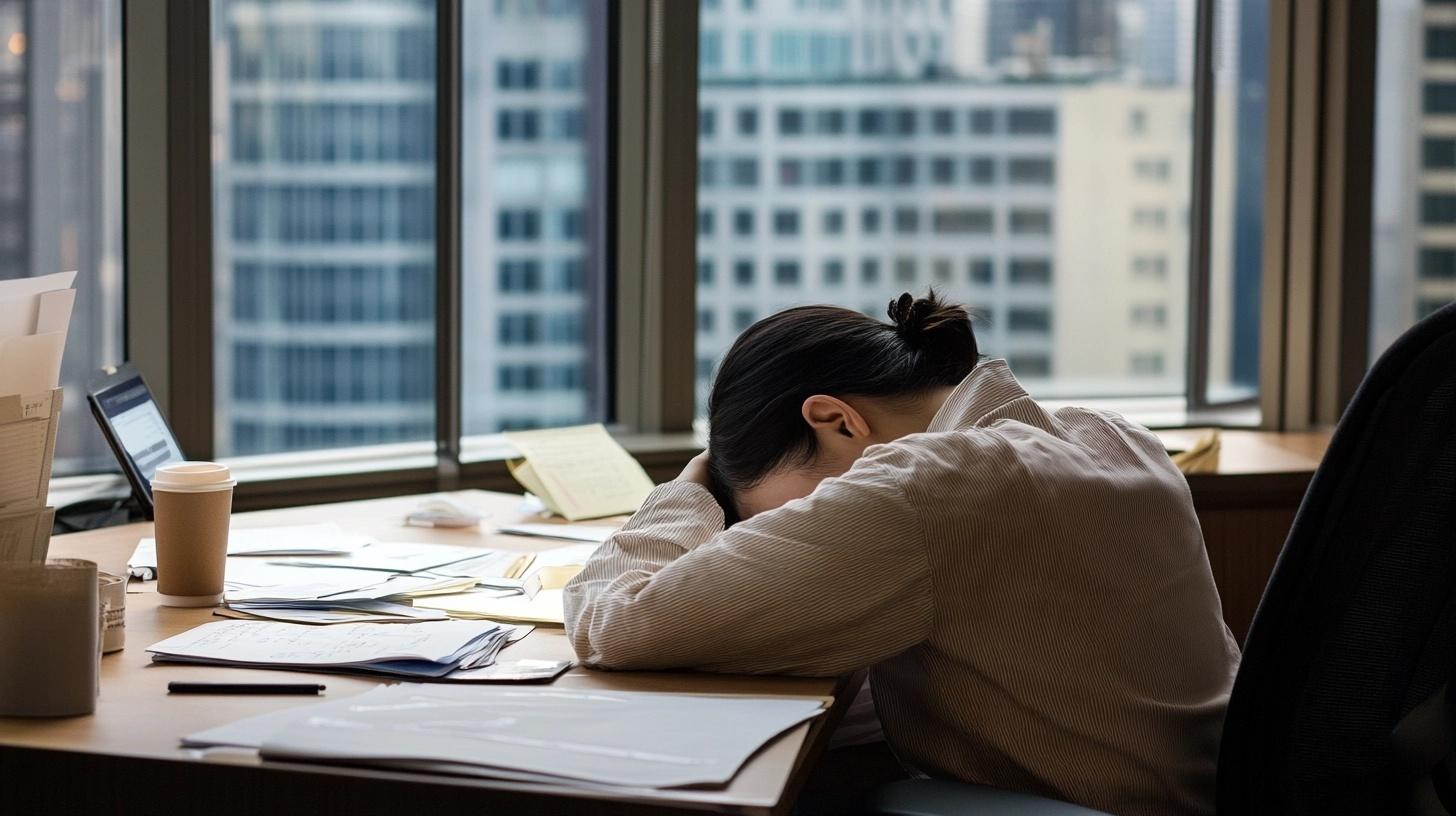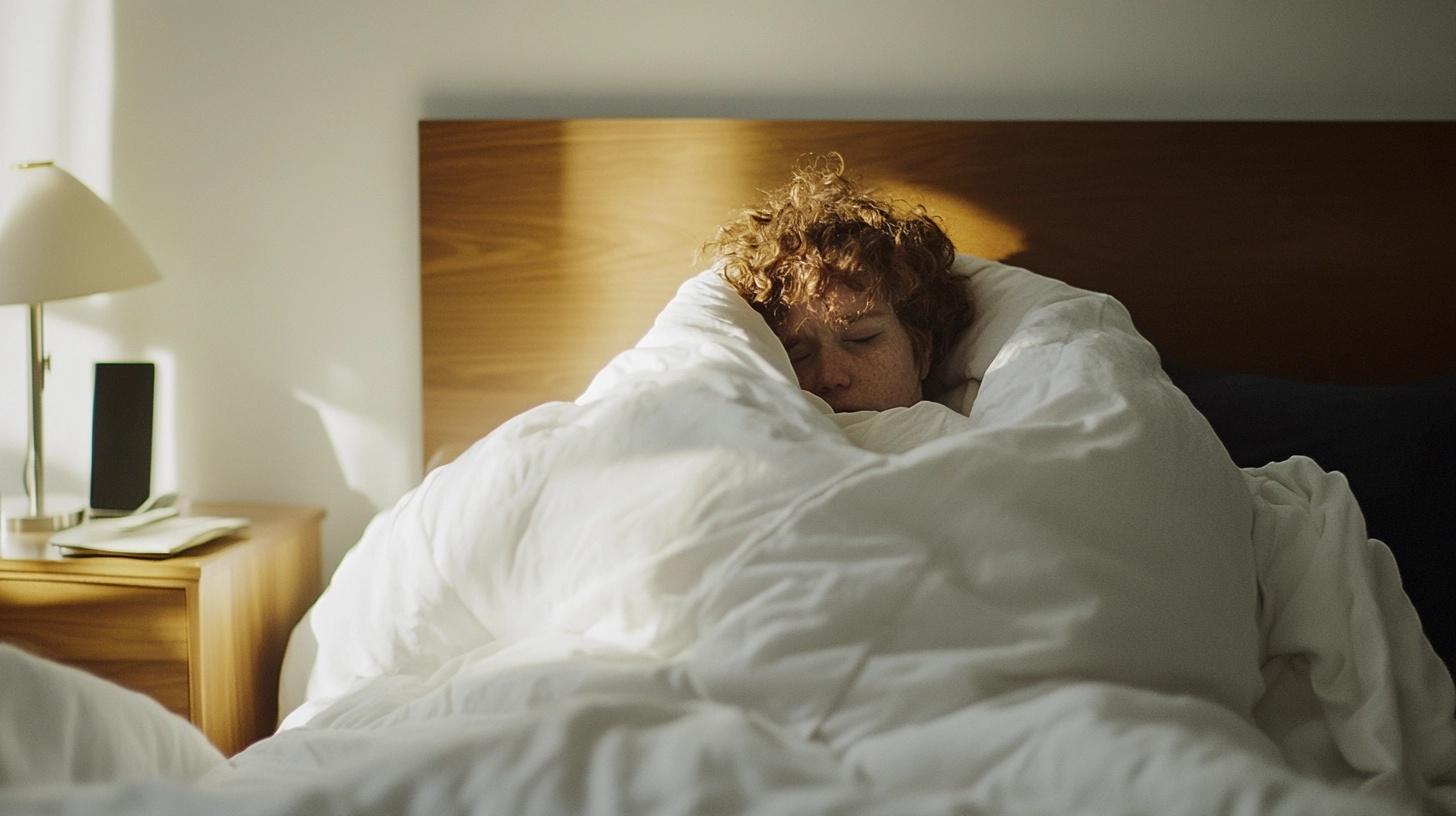The benefits of sleeping outside
Published
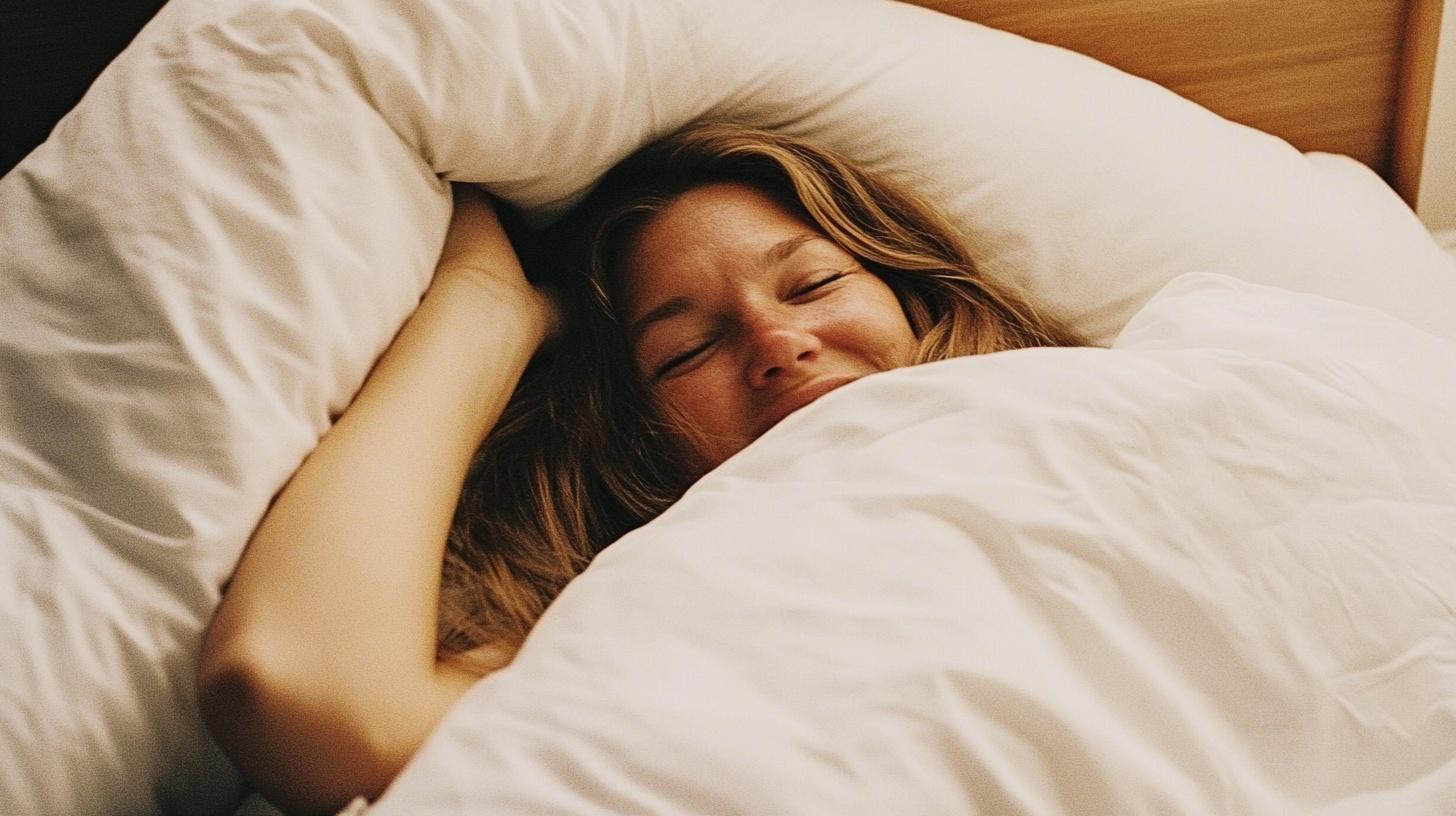
It’s that time of year when it’s getting darker, at least if you live in the northern hemisphere. Fall makes it easy to stay up binge-watching Netflix or let the gaming sessions go past midnight. Now, we know cozying up in front of your favorite screen content is hard to beat, but science tells a different story. Several studies show that one progressive method for improving sleep quality is to move from sleeping indoors to the fresh air of the outdoors, right under the sky.
6 reasons you should try to sleep outside
1. Natural light helps reset your circadian rhythm
It’s all about our circadian rhythm and the sunrise and sundown chart. Instead of always sleeping indoors, embrace the opportunity to sleep outdoors and let the sun naturally wake you in the morning. A study found that people got to sleep earlier when camping and woke up naturally at sunrise, feeling more refreshed and ready to face the day – the hormone melatonin, which sends signals to the body to go to sleep, was released 2.6 hours earlier during fall and winter camping. Remember we are human beings who love light and so does every single function in our body.
2. Low temperature promotes better sleep
Even though most of us might not reflect on the temperature of our bedroom at night, our rooms should be as low as 60 to 67 degrees Fahrenheit (15°-18° Celsius) to promote sleep quality. If the temperature hits 75 degrees or drops below 54 degrees, it can cause people to toss and turn all night, which can lead to poor sleep quality.
3. The sound of nature – a perfect lullaby
The calming sound of the outdoors helps reduce stress and feel you more relax. Which is why calming music consisting of the sound of wildlife or nature canhelp babies and adults rest easier. This kind of sounds stimulates the parasympathetic nervous system, which is responsible for relaxing your body after periods of stress or anxiety.
4. Fresh air helps your cognitive function
The better the air quality, the better your brain works. The better quality oxygen not only improves your performance the next day but also helps you get better sleep. Therefore, feeding it with top quality air will help sort your thoughts, calm your mind, and as a consequence also improve your sleep.
5. Strengthens your immune system
Sleeping outdoors can give your immune system a boost. Research shows that spending time outside increases the levels of white cells and proteins in our blood that can protect us from diseases such as cancer. The metabolism is also positively affected as the cells can function more efficiently. Moreover, a night outside can help reduce the concentrations of cortisol (the stress hormone), lower blood pressure and pulse rates, which also helps to fall asleep faster.
6. Wake up in a better mood
As a consequence of reduced stress and anxiety, sleeping outside can lead to a better wake-up mood and positively affects your mental health. Indeed, spending time outdoors can help clear your mind and see things from another more positive perspective, apart from boost feelings of wellbeing and happiness.
How to sleep outside if you don’t know where to start
You don’t need to go to a camping spot in order to sleep outside for the first time. There are several ways to try it out before you spend more time and effort planning a longer trip to the forest. Here are some simple tips to help you make the most of your time in your own million-star hotel:
- Prepare the space: you can set up the sleep surface that best fits the place you’re going to sleep in. From a hammock or tent in your backyard to a sleeping bag if you’re going to sleep on the ground. Don’t forget a good pillow and warm blankets or bedsheets.
- Stick to your bedtime routine: keep the routine you would usually follow, with the only difference being that you won’t sleep in your own bed. Avoid checking your phone, eating too close to bedtime or staying up until late talking with your colleagues (or just looking at the beautiful sky).
- Light sleeper? Prepare earplugs or an eye mask: sleeping outside or in unfamiliar places makes our body stay more alert in front of potential noise and light, which can disturb our sleep easier. Keep, therefore, some earplugs and an eye mask closer to block out all potential disturbances.
- Dress properly: your pajamas might not be the best option to stay warm throughout the night. You can put on a wool sweater, or an extra layer on your upper body – but make sure that they are breathable so the warm air can circulate and keep you warm. However, remember to wear thin layers – so you don’t end up full of sweat.
The man who redefined sleep (outdoors)
Nick Littlehales is one of the leading sleep recovery performance coaches in Britain and the man who redefined sleep in elite sports. He’s been the secret weapon for football teams such as Manchester United, Manchester City and Liverpool. And he’s helped lots of successful athletes in various sports improve their performance – by them starting to make sleep a priority.
Information overload
In the article “The business of sleep” published in GQ Magazine, Littlehales explains that the main problem today is to get people to sleep in the first place. The problem is not necessarily blue light from screens, but the information overload that comes from their use. That’s what messes with our brains, Littlehales points out. He introduced a remarkably low-tech solution to his athletes, simply asking them to start sleeping outside, once in a while.
Sleep quality isn’t just a matter of catching those eight hours. It’s also about the quality of your night’s rest. Good sleep is influenced by a number of things, including stress and anxiety, noise, artificial light, temperature and air quality. So, how about trying to sleep outside for a night or two? Chances are you’ll get some good quality sleep out of it.

